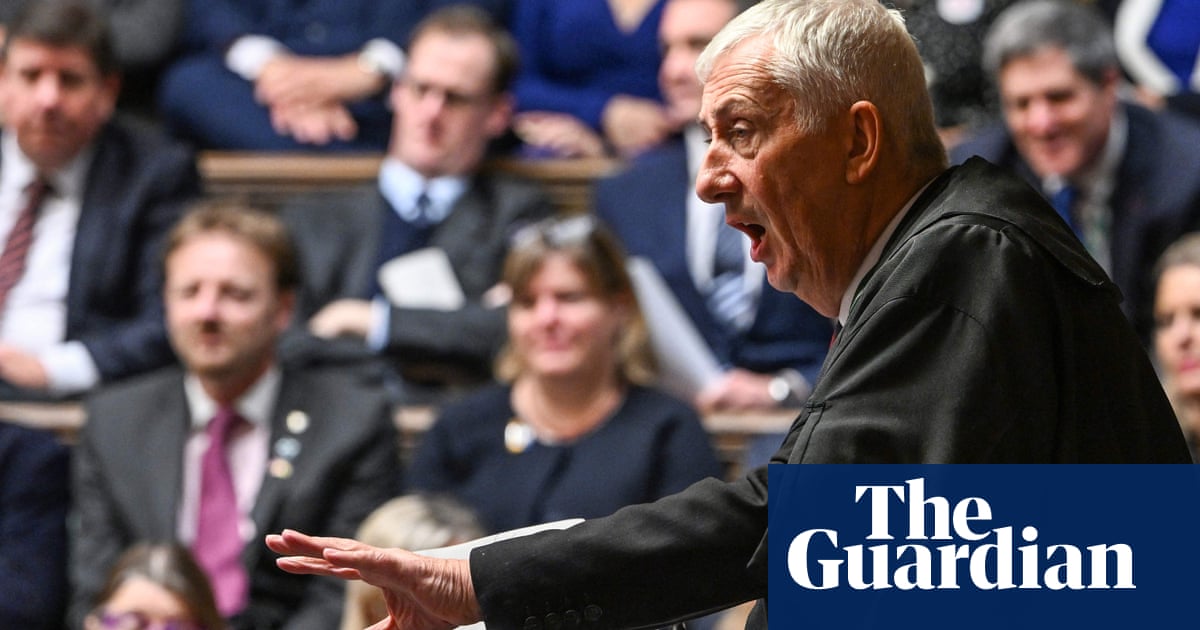
As the US military finally leaves Afghanistan after 20 years, all eyes are rightly on the human tragedy and the political implications of the Taliban’s return to power. But to understand what may come next for both Afghanistan and the world, more attention needs to be paid to the tectonic shifts in the Arab and Iranian involvement in Afghanistan since the US-led invasion in 2001. Unless the regional contests for influence are accompanied by substantive and inclusive dialogue between these actors, turmoil will only increase for the country.
Iran’s changing role is a case in point. Tehran was once eager to get rid of the Taliban. In 1998, the killing of diplomats at the Iranian consulate in Mazar-i-Sharif almost ignited a war. The murders took place in the chaos of the Taliban’s capture of the northern Afghan city. Tehran thus put the blame on the Taliban, which in turn pinned it on rogue elements. So it was unconventional – but certainly not odd – when Iran and the US emerged as implicit partners against the Taliban in the aftermath of the September 11 attacks. Tehran and Washington jointly backed the Northern Alliance – an alliance of warlords that held 10% of Afghanistan – as an anti-Taliban force.
But two decades of mutual acrimony between Iran and the US since has had a variety of damaging consequences. Tehran has gradually engaged with the Taliban as a partner in its goal of expelling the “great Satan” from the region. And today, the Iranian political establishment openly accommodates the Afghan group. Astoundingly, some Iranian hardliners – Shia Islamists who view Iran as a guardian of all Shia communities in the region – are now at pains to convince their audiences that the Taliban – a Sunni Islamist group with a documented history of persecuting Shias – can be reasoned with.
The Taliban’s relations with the wealthy Arabian Peninsula countries have also radically shifted. Prior to 2001, Saudi Arabia and the United Arab Emirates (UAE) were two of only three countries in the world to recognise Taliban rule – the third being Pakistan. However, the 9/11 attacks caused Saudi Arabia to sever ties with the group. Saudi Arabia also essentially excised itself from the Afghan peace process more than a decade ago. The UAE also cut relations in September 2001. More recently, it was notably hit by a 2017 bombing in Kandahar province that killed its ambassador and several other diplomats, although the Taliban did not claim responsibility for the attack.
Saudi Arabia has continued to keep its distance by not participating in the evacuations from Kabul. In contrast, the UAE has reportedly helped France dispatch troops to extract French citizens. The UAE has also agreed to temporarily house 5,000 Afghan evacuees. Yet in the weeks since the Taliban takeover, neither the Saudi nor Emirati embassies in Kabul have been operational.
Enter Qatar. Doha did not recognise the Taliban during their prior rule between 1996 and 2001, but it has for the past 11 years hosted dialogue to promote engagement with the Afghan group and – with the blessing of three US administrations – has also allowed Taliban representatives to operate a political office in Doha since 2013. It was for this reason that the 2020 US-Taliban agreement was signed in the Qatari capital.
In past weeks, Qatar has continued to flex its diplomatic muscle, acting as a reliable intermediary for many sides. The Qatari embassy in Kabul has been operational throughout the turmoil, and Qatar recently agreed to temporarily host 6,000 Afghan evacuees. Doha is also continuing to host negotiators from the collapsed Afghan government. While at the same time, other countries – including France – are already turning to Qatar as a reliable diplomatic channel to the Taliban.
So what does all this mean for the future of Afghanistan and the region? In the past, Afghanistan was a stage for the widely mutually detrimental Iran-Saudi rivalry across the region. That prospect is not likely to re-emerge in the near term. Iran’s relationship with the Taliban has become closer, while Saudi Arabia is no longer as engaged. Iran is now adapting to being a direct neighbour of a Taliban-dominated government. Saudi Arabia is not a neighbour of Afghanistan and appears to be acting accordingly by remaining virtually disengaged from the Afghan peace process.
And while Qatar is reaping the rewards of its bet on the Taliban, UAE media have been given exclusive access to Ahmad Massoud, the son of late Northern Alliance leader Ahmad Shah Massoud, characterising him as a serious opponent of Taliban power. Given that Massoud has no real supporters among Afghanistan’s neighbours and is heavily outgunned by the Taliban, the Emirati media focus on him seems to be more of an expression of rivalry between it and Qatar than a genuine effort against the Taliban.
All in all, the US withdrawal has served as a stark reminder that Washington’s commitment is neither unconditional nor endless. In the vacuum it leaves behind, regional politics is bound to become far more messy. For instance, Iran could yet again seek leverage over the Taliban by backing its opponents in Afghanistan, this time possibly aided by countries such as the UAE, a state that previously recognised the legitimacy of Taliban rule. On the other hand, despite their formal reconciliation, the continuing cold war between Qatar and the UAE could well spill over on to Afghan soil, as it has in other places such as Libya. Unless the worst of these and other competitions are checked and regulated by prompt and inclusive engagement among all regional actors, the consequences will not be confined to Afghanistan.
Mohammad Ali Shabani is editor of Amwaj.media, a platform focusing on Iran, Iraq and the Arabian peninsula












